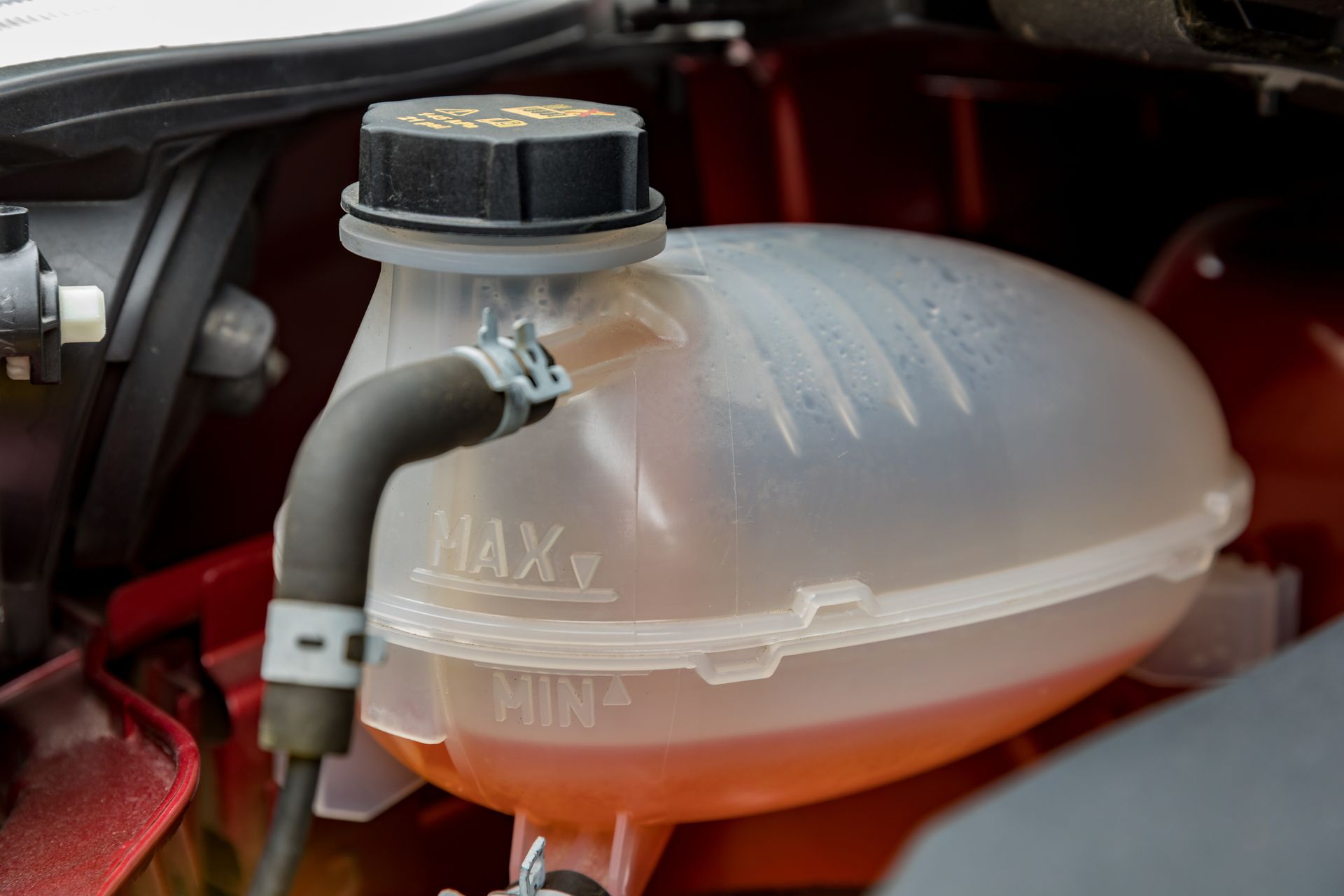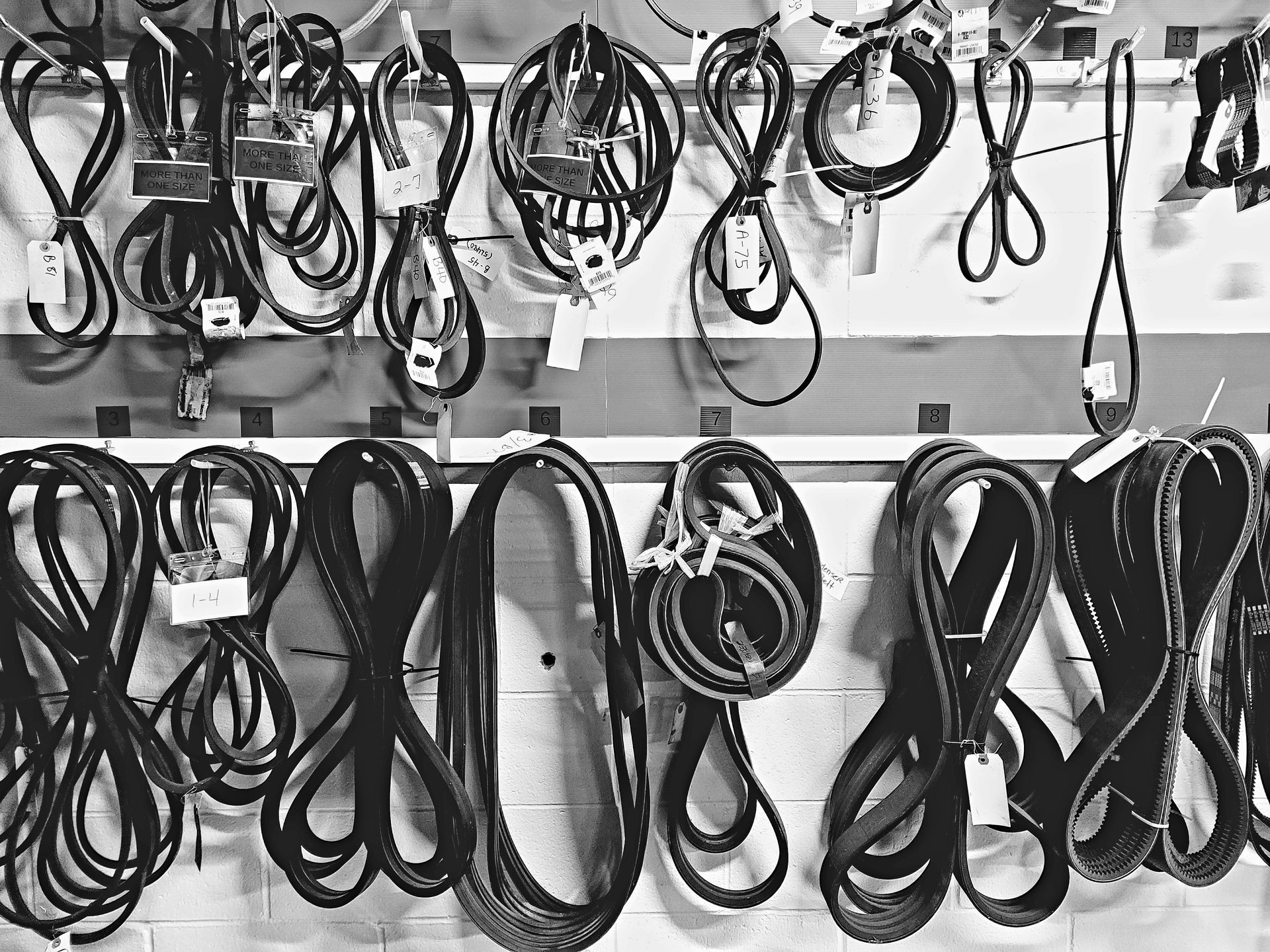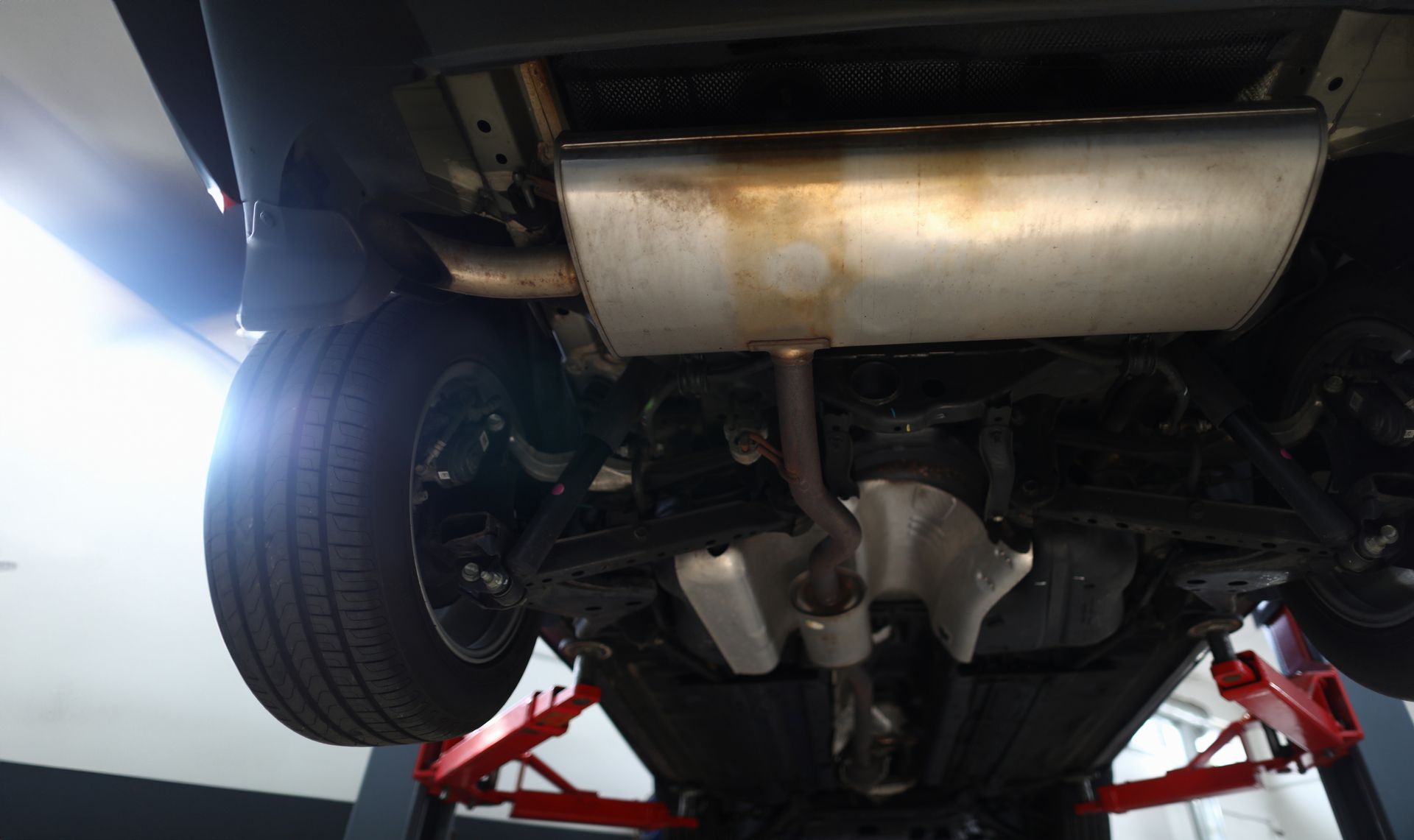When it comes to car repairs, the radiator is one of the engine’s essential components, and it goes without saying that the radiator needs to be in top working condition to prevent your vehicle from overheating. It’s frustrating when you start to notice a leak in your radiator, causing a decrease in your engine performance, and you have to get a radiator replacement. We will give you valuable information on dealing with radiator leaks and what to expect when getting a replacement.
Understanding Your Radiator
Your car’s radiator is responsible for dissipating heat as your engine runs. The heat generated by the engine is transferred to the coolant in the engine block, and then the coolant flows through the radiator, where the heat is dissipated. Coolant is lost when there is a leak in the radiator, and the engine temperature rises, causing a decrease in the vehicle’s performance. You may see steam coming from under the hood or notice a sudden drop in your car’s coolant levels. Identifying the source of the leak is essential.
How to Detect Radiator Leaks?
If your car is leaking coolant, it’s crucial to determine the leak’s location before deciding whether you need a radiator replacement. You can detect a radiator leak by inspecting the radiator for visible signs of damage, such as a crack or a hole visible on the body of the radiator or leaks near the radiator tubes. If there is no visible damage, you may need to inspect your radiator hoses and clamps for signs of wear and tear. Take note of any symptoms that come with the leak, like an unpleasant smell, fluctuating temperature, or signs of corrosion on the radiator, as these can indicate severe damage.
Radiator Replacement
If you’ve confirmed that your radiator is leaking and needs a replacement, the next step is to take it to a professional mechanic. Completing a radiator replacement is a time-consuming and challenging task requiring a lot of expertise. Discuss your options for a replacement with an auto mechanic. The auto mechanic will inspect the radiator and look for other significant issues, such as an overheating engine, leaks, or air pressure. These can be indicators of other underlying problems that could cause further damage.
Cost of Radiator Replacement
The cost of radiator replacement can vary depending on the vehicle, the quality and size of the radiator, and the labor cost of the repair shop. Typically, radiator replacement costs can range from $300 to $500, including the cost of the parts and labor. Depending on the severity of the damage, additional repairs needed, or a larger-sized radiator required, the cost can get significantly higher.
Radiator replacement and leaks are common issues encountered by car owners. Radiator leaks can cause your engine to overheat, and it’s crucial to address them as quickly as possible. Inspecting your radiator, watching for symptoms of leaks, and getting a professional diagnosis are all essential steps in dealing with radiator issues. A radiator replacement can be costly and dependent on several factors. In some cases, repairing the radiator is a much cheaper solution. Remember to be proactive with your radiator maintenance to prevent any significant issues that may arise. Consult a professional auto mechanic for their advice and service to ensure your vehicle runs smoothly and efficiently.












